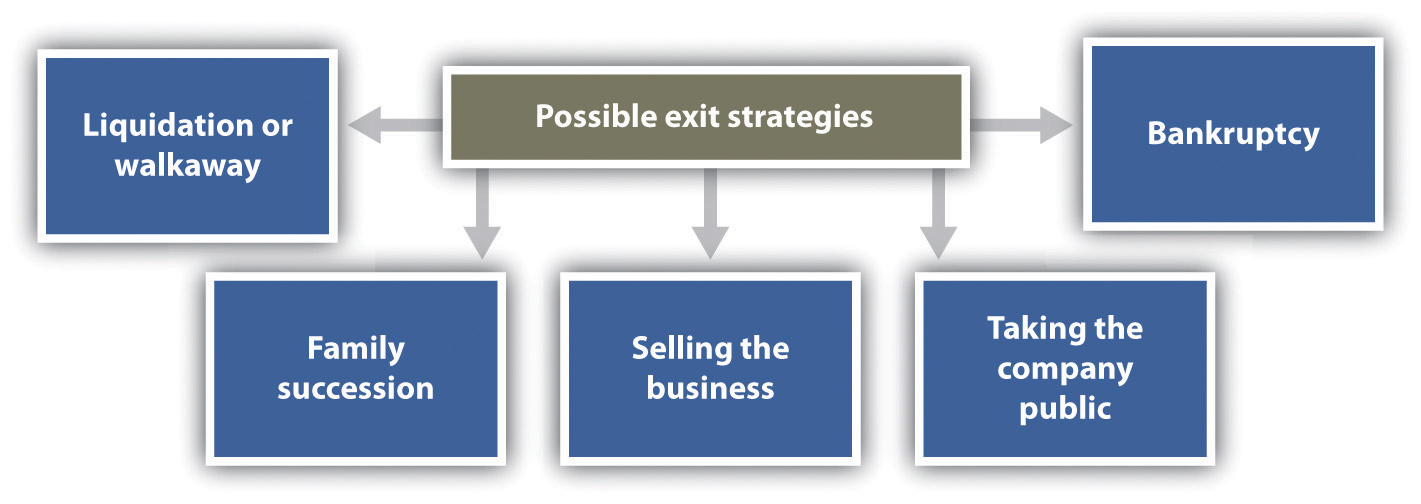Exit Planning
What is Exit Planning?
Definition:
“Exit Planning” refers to the strategic process through which business owners plan and prepare for the eventual transition out of their business. This process involves developing and implementing a comprehensive strategy to maximize the value of the business and ensure a smooth transition, whether through a sale, merger, succession, or other exit strategies. Exit planning is a critical aspect of business ownership that aims to achieve the owner’s financial and personal objectives.
Analogy:
Think of Exit Planning as a roadmap for a business journey. Similar to planning a detailed route to reach a destination, exit planning involves creating a roadmap that guides business owners through the process of transitioning out of their business, with a clear understanding of the steps and milestones along the way.
Further Description:
Timeline and Goals:
Exit planning involves setting a timeline for the business owner’s exit and defining specific financial and personal goals to be achieved during the process. These goals may include financial security, legacy preservation, or pursuing new opportunities.
Valuation and Financial Readiness:
Business owners assess the current value of their business and work towards enhancing its value before the exit. This may involve improving financial performance, strengthening management teams, and addressing potential risks.
Succession Planning:
For family-owned businesses, exit planning often includes succession planning, where the next generation or key employees are identified and prepared to take over leadership roles.
Legal and Tax Considerations:
Exit planning considers legal and tax implications associated with the chosen exit strategy. This may involve working with legal and financial advisors to structure the exit in a tax-efficient manner.
Communication and Team Transition:
Effective exit planning includes communication strategies for informing stakeholders, including employees, customers, and suppliers. It also addresses the transition of key employees and ensures a smooth handover of responsibilities.
Why is Exit Planning Important?
Maximizing Value:
Exit planning aims to maximize the value of the business, ensuring that owners receive the highest possible return on their investment when transitioning out.
Ensuring Continuity:
Well-planned exits contribute to business continuity, minimizing disruptions and ensuring that the business can thrive under new leadership.
Meeting Owner Objectives:
Exit planning is tailored to meet the owner’s specific objectives, whether it’s financial security, leaving a legacy, or pursuing new ventures.
Risk Mitigation:
Comprehensive exit planning identifies and addresses potential risks that could impact the success of the transition, providing a proactive approach to risk management.
Examples and Usage:
Sale of Business:
Exit planning for a sale involves preparing the business for acquisition, identifying potential buyers, and negotiating favorable terms to maximize the sales price.
Succession Planning:
In family businesses, exit planning includes grooming the next generation, addressing leadership gaps, and ensuring a smooth transition of ownership and management.
Merger or Acquisition:
Businesses considering mergers or acquisitions undergo exit planning to evaluate potential partners, assess the strategic fit, and structure the deal for mutual benefit.
In summary, Exit Planning is a strategic process that guides business owners through the steps needed to transition out of their business successfully. It involves setting goals, enhancing business value, addressing legal and tax considerations, and ensuring a smooth transition for all stakeholders.
Key Takeaways:
- Exit Planning involves strategic preparation for the eventual transition out of a business.
- It includes setting goals, enhancing business value, addressing legal and tax considerations, and ensuring continuity.
- Well-executed exit planning maximizes business value and meets the owner’s financial and personal objectives.





